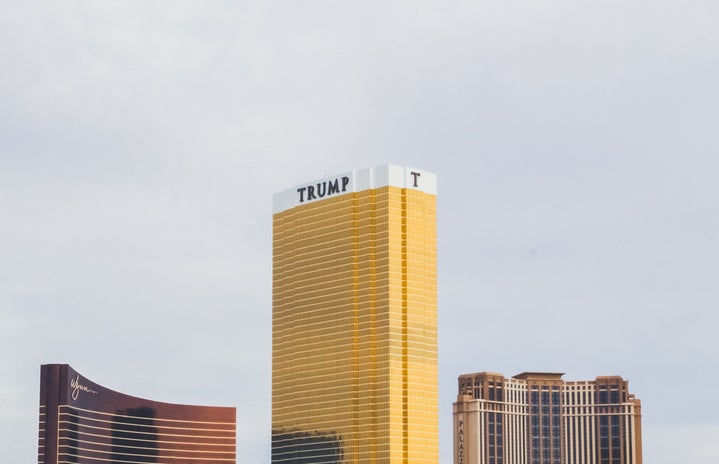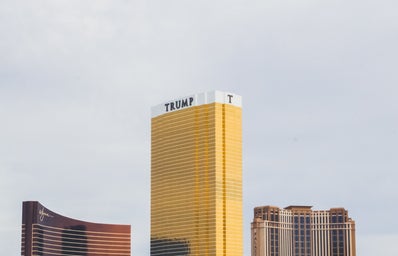Edited by Sophia Savva
Earlier this year, the John F. Kennedy Presidential Library announced a yearlong celebration to honor the centennial birthday of the President. Though his time in office may have ended nearly 54 years ago, he remains a particular favourite, at least in the public eye. He was the youngest elected American President, taking office at the age of 43 and welcomed America into the turbulent 60s.
Like the 60s, his presidency was filled with uncertainty: there was the threat of nuclear destruction, civil rights movements, war in Vietnam, and a race not only to the moon but also to world power. Though more than 50 years have passed since the end of the Kennedy era, the world doesn’t seem to have changed that much. There is still the threat of nuclear destruction, the fight for racial equality persists, and the war in Vietnam is now in Afghanistan. Though the problems we face as a society may not have changed drastically over the last 50 years, the leaders we choose to face these challenges have. At first glance, President Donald Trump and Kennedy may not seem so different; they both come from well-off families and lived a fairly privileged life. As they entered their early adulthood though, these roads begin to change.
Kennedy was a history student at Harvard, with dreams of pursuing a PhD and becoming a professor. For a young Kennedy, the presidency was not something he had his eyes on. In fact, it wasn’t until the end of the Second World War that Kennedy’s plans were forced to change. Kennedy’s older brother, Joe, served in the air force and was killed in the war. His father had always wanted Joe to become the first Catholic president, but after Joe’s tragic death, that dream was now placed on John.
Comparatively, Donald Trump followed his father’s footsteps in business and studied at the University of Pennsylvania. During the years of the Vietnam War, Trump received five draft deferments and never served in the military. In his youth, there are no clear signs that he had his eyes set on the presidency; instead he took over the family business and became keen on expanding it.
But despite Kennedy and Trump’s different roads, they still ended up in the same place: the seat of the presidency. Kennedy remains the youngest elected president, Trump remains the oldest. In many ways their lives are completely different, in others, they are extremely similar.
Today we also find ourselves in turbulent times, with threats of nuclear violence unseen since the 60s. To quote John F. Kennedy, “History is a relentless master. It has no present only the past rushing into the future. To try to hold fast is to be swept aside”.
History will always find a way of repeating itself, and questions of human security that have been raised throughout human history, will only continue to arise. The difference lies not in the challenges that the world has to face, but in the leader we choose to confront these challenges. Questions of foreign affairs are extremely reliant on the history of nations and one must understand a nation’s history to properly unravel its road for the future. As a student of history, John F. Kennedy was acutely aware of this. Whether President Trump understands the importance of history remains to be determined, but it could prove significant if nuclear threats continue to rise. image1/image2/image3

